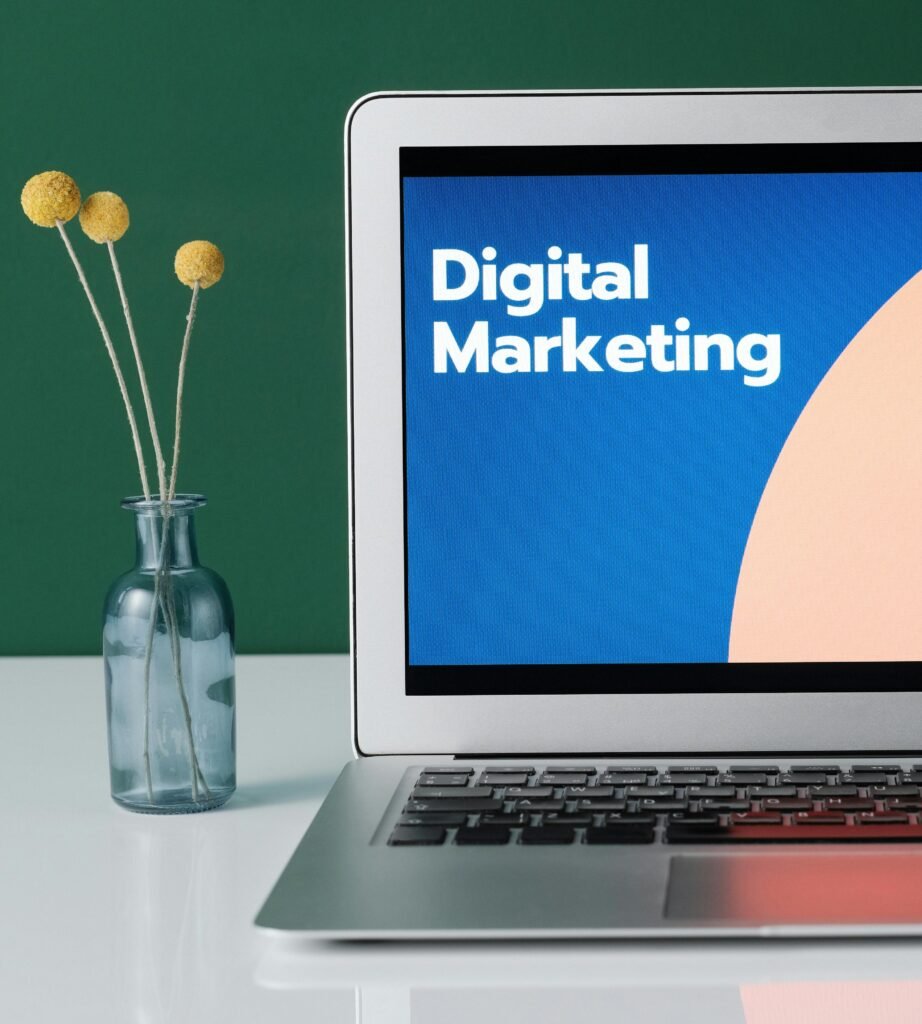In today’s digital age, having a strong online presence is essential for any business looking to thrive. Digital marketing encompasses a variety of strategies that can help you reach and engage your target audience effectively. Here’s how digital marketing can transform your business.
1. Understanding Digital Marketing
Digital marketing refers to the promotion of products or services using digital channels, such as search engines, social media, email, and websites. Unlike traditional marketing, digital marketing allows for more targeted and measurable campaigns, providing businesses with valuable insights into consumer behavior.

2. Key Components of Digital Marketing
- Search Engine Optimization (SEO): This strategy involves optimizing your website to rank higher in search engine results, increasing organic traffic and visibility.
- Content Marketing: Creating valuable content that resonates with your audience helps establish authority and fosters trust. Blog posts, articles, videos, and infographics can engage and inform your customers.
- Social Media Marketing: Leveraging platforms like Facebook, Instagram, and LinkedIn allows you to connect with your audience directly. Engaging posts, stories, and ads can boost brand awareness and customer loyalty.
- Email Marketing: Email remains one of the most effective channels for communication. Personalized email campaigns can nurture leads and keep your audience informed about promotions and updates.
- Pay-Per-Click (PPC) Advertising: This model allows you to pay for ads that appear on search engines and social media. PPC can drive immediate traffic to your site and generate leads quickly.
3. Benefits of Digital Marketing
- Cost-Effective: Digital marketing is often more affordable than traditional marketing methods, allowing businesses of all sizes to compete.
- Targeted Reach: With digital marketing, you can target specific demographics, ensuring your message reaches the right audience.
- Measurable Results: Analytics tools provide insights into campaign performance, helping you understand what works and what doesn’t, allowing for data-driven decisions.
- Increased Engagement: Digital channels allow for two-way communication, enabling you to engage with customers in real-time and build relationships.
4. Implementing a Digital Marketing Strategy
To harness the power of digital marketing, follow these steps:
- Define Your Goals: What do you want to achieve? Whether it’s brand awareness, lead generation, or sales, having clear objectives is crucial.
- Know Your Audience: Understand who your ideal customers are and what they need. This knowledge will guide your marketing efforts.
- Choose the Right Channels: Select the digital marketing channels that align with your goals and audience preferences.
- Create Quality Content: Focus on providing valuable content that addresses your audience’s pain points and interests.
- Monitor and Adjust: Regularly analyze your campaigns and make adjustments based on performance data to optimize results.
Conclusion
Digital marketing is no longer optional; it’s a necessity for businesses seeking growth and success in a competitive landscape. By embracing digital marketing strategies, you can enhance your online presence, engage your audience, and drive meaningful results. Start today, and watch your business flourish in the digital world!


